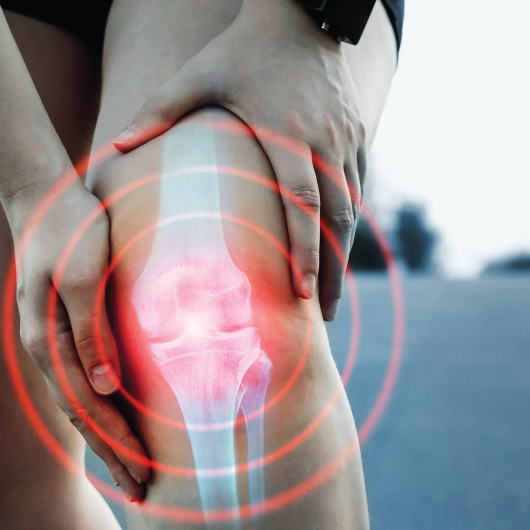" JCI & NABH Accredited Hospital "
கருவறை காவியம்: உங்களுக்கு மிகவும் சிறந்த மற்றும் பாதுகாப்பான மகப்பேறு சிகிச்சை அனுபவத்தை இப்போது சிறப்பு கட்டணத்தில் வழங்குகிறோம் | சுகப்பிரசவம் Rs.15000/- | சிசேரியன் Rs. 25000/- மட்டுமே. மேலும் அறிய +91 9087 877 977

